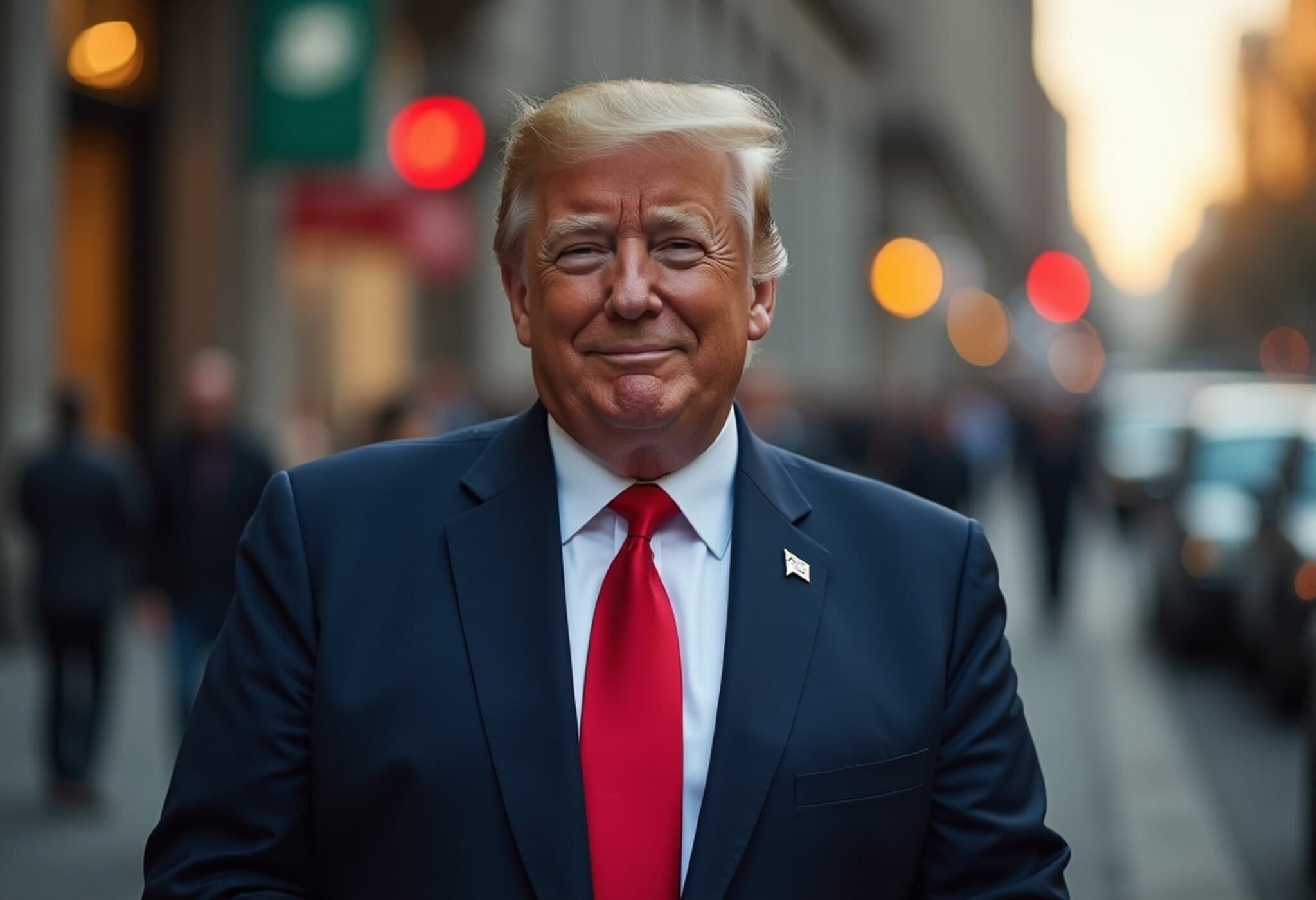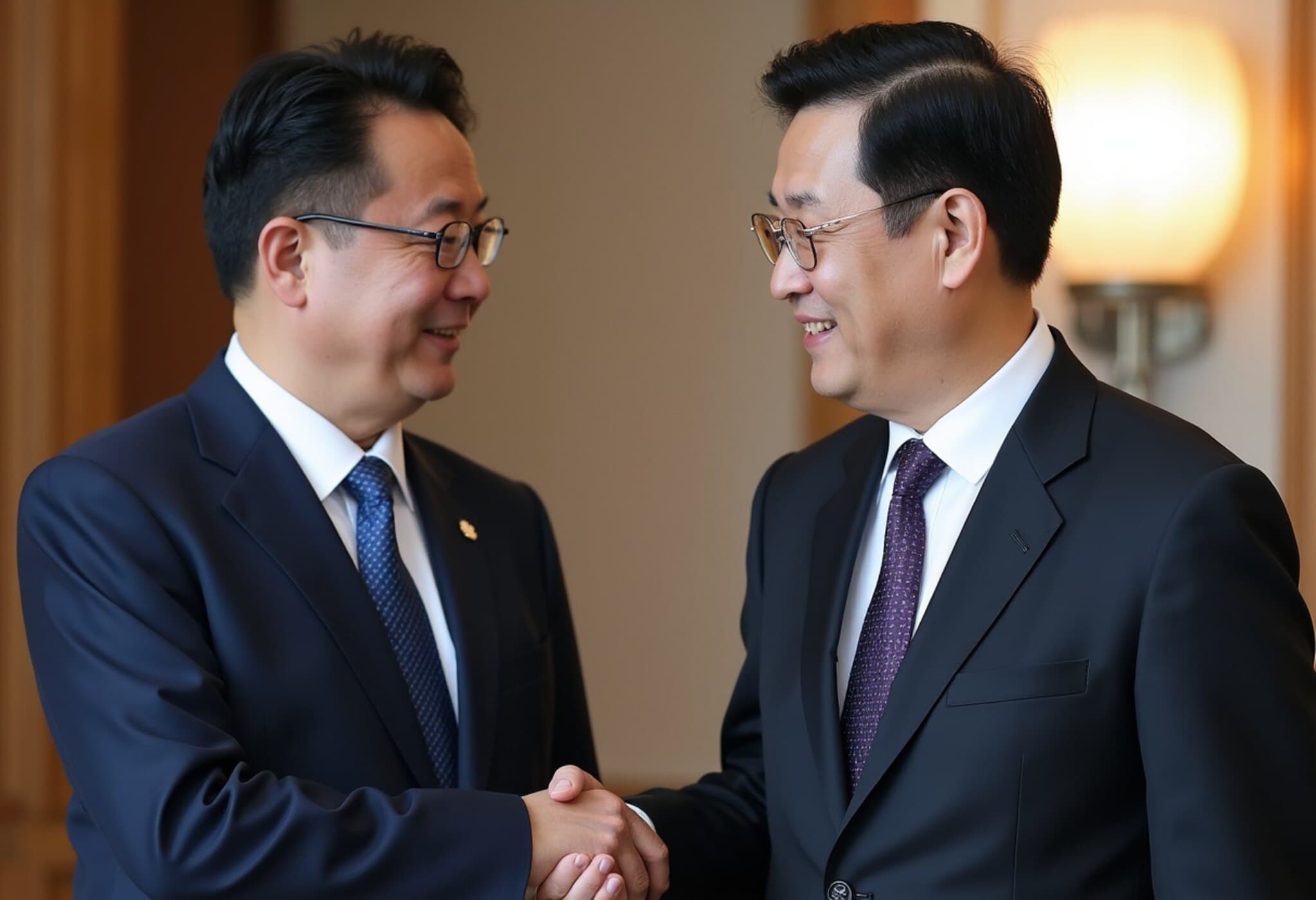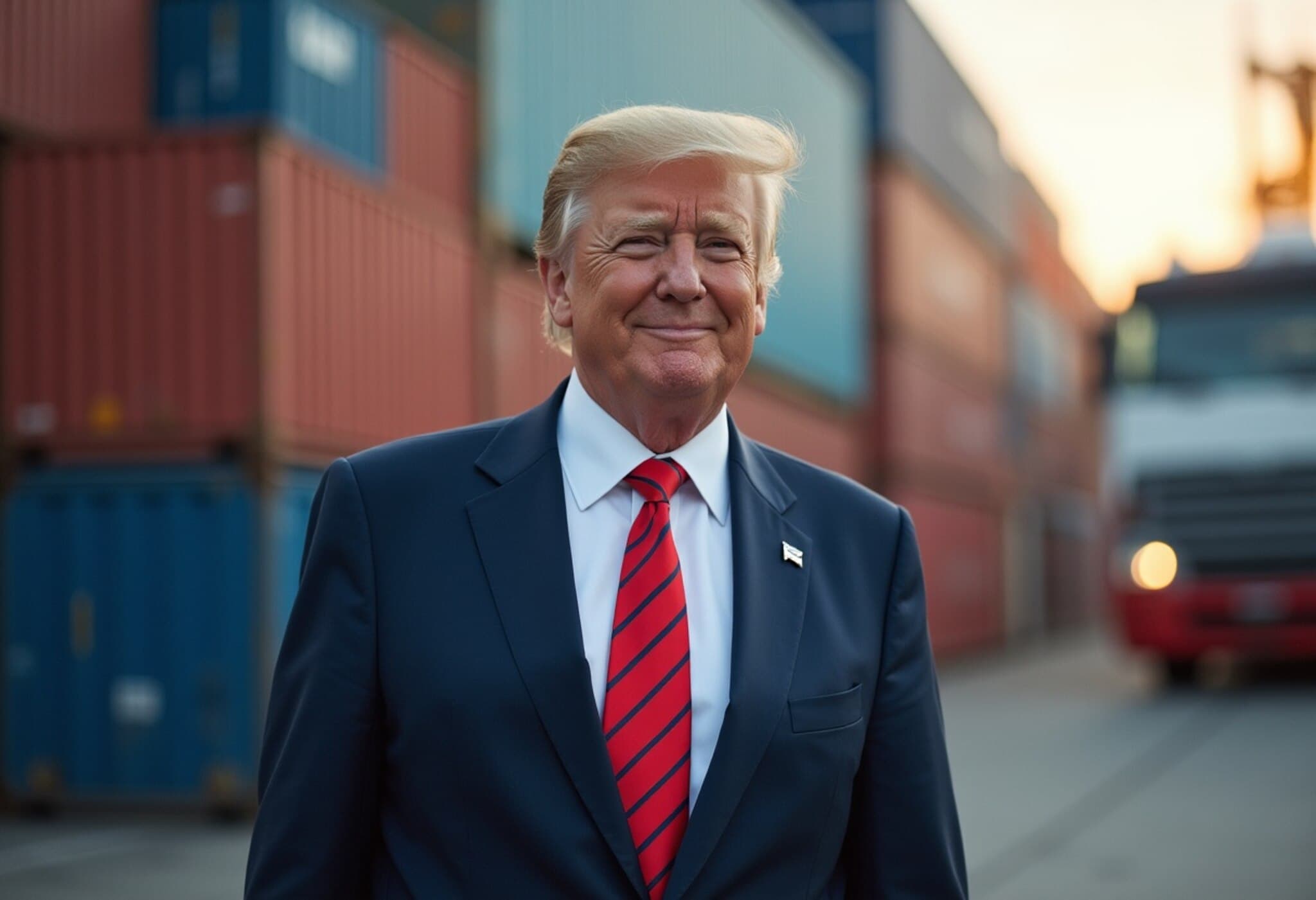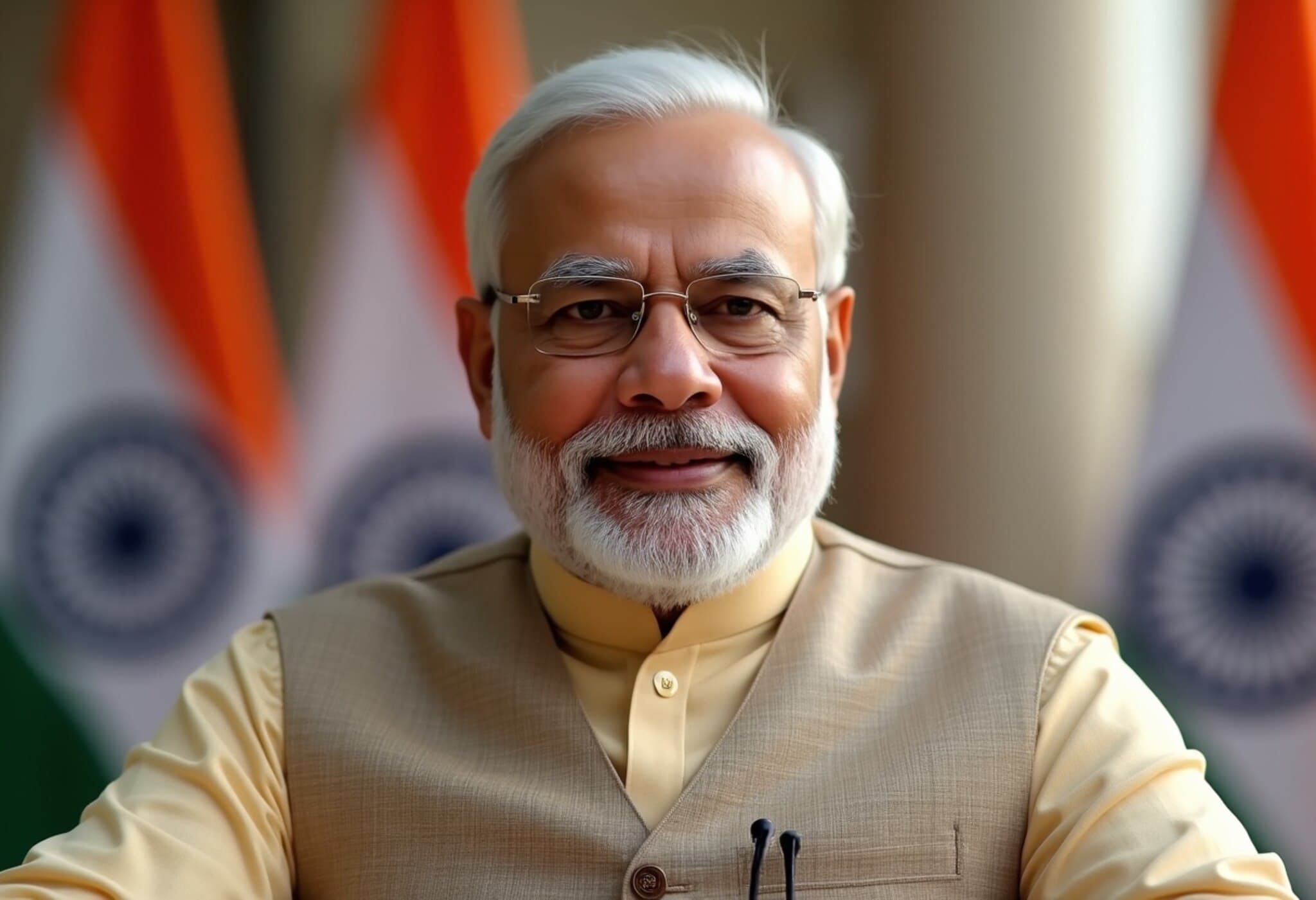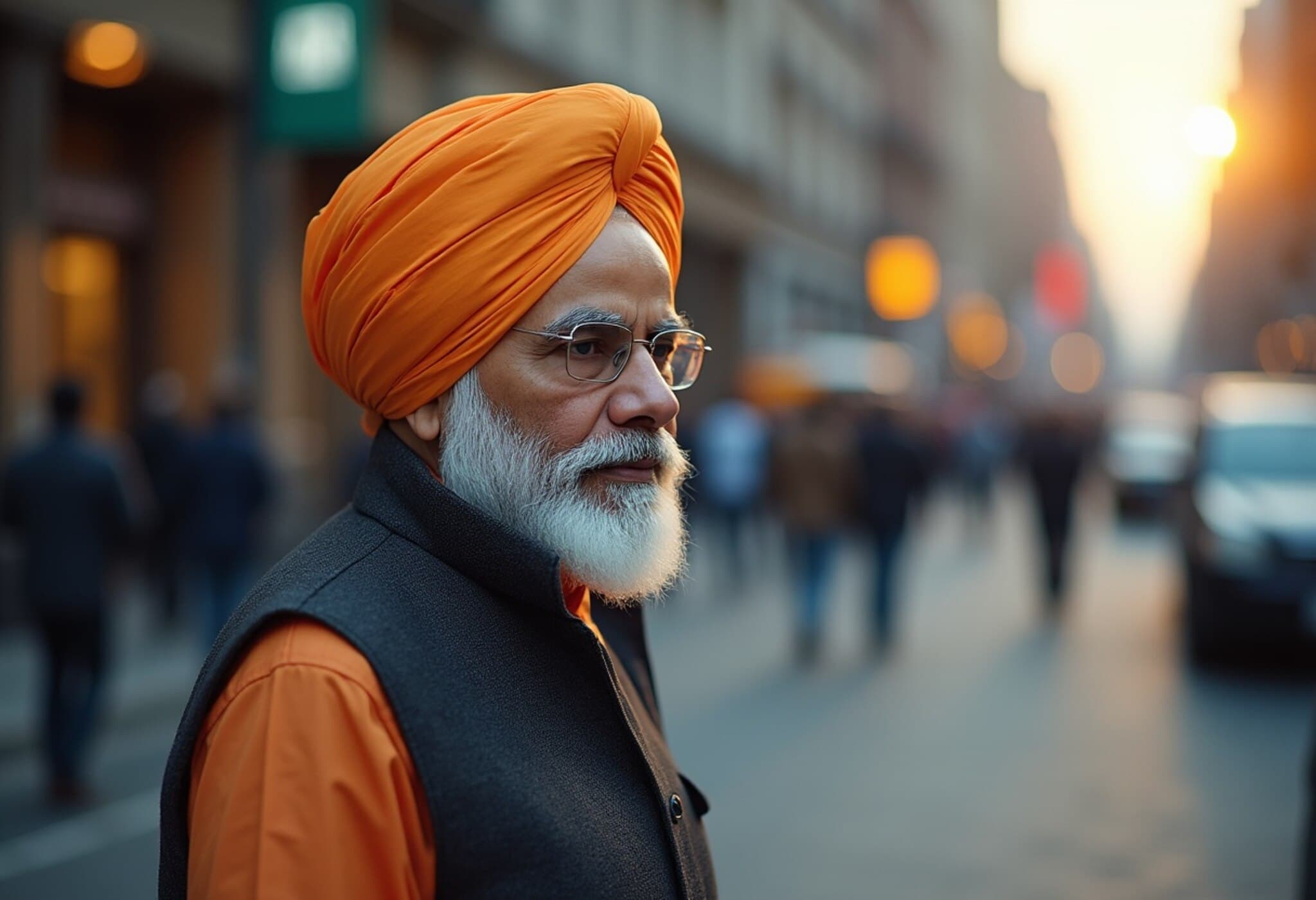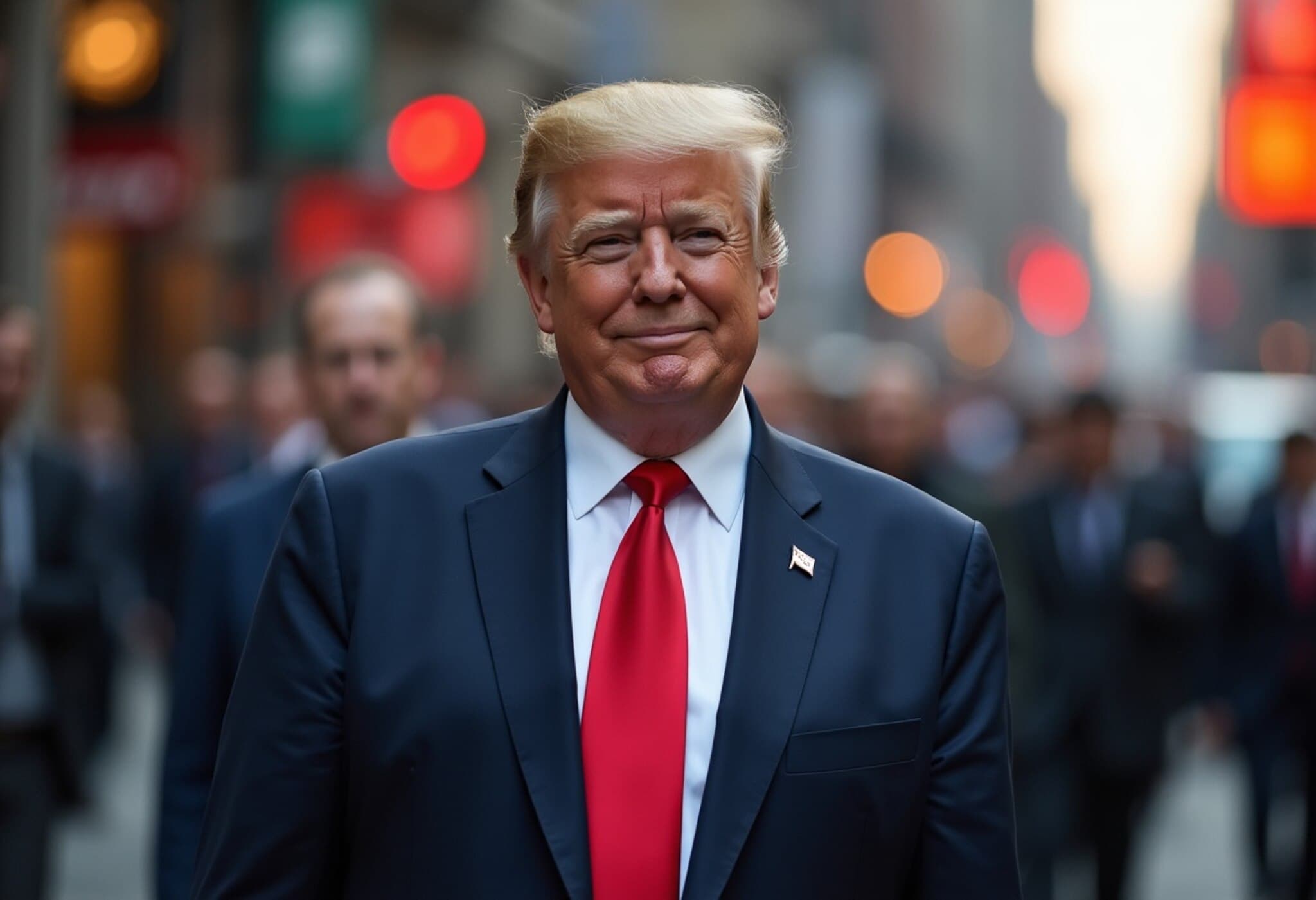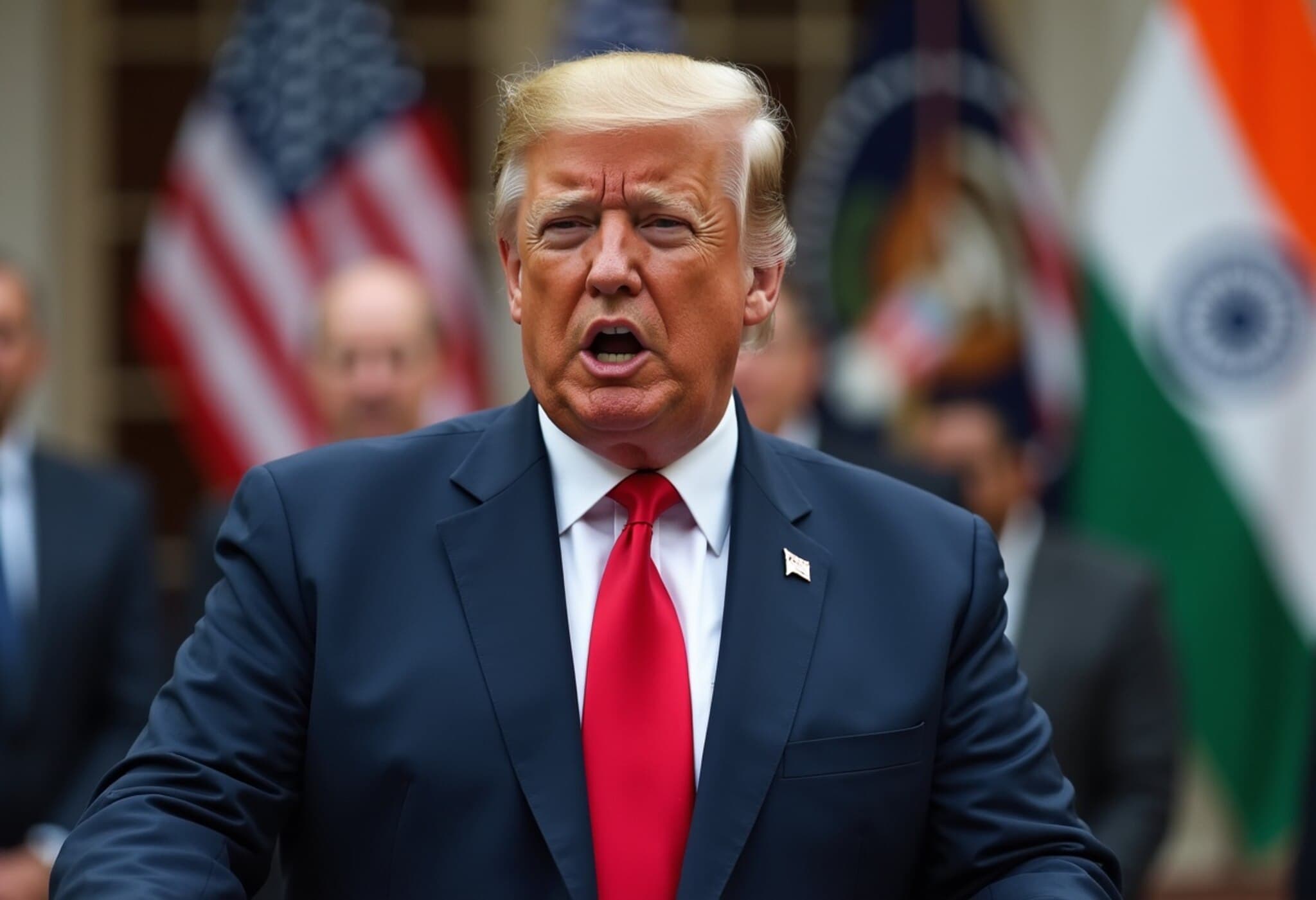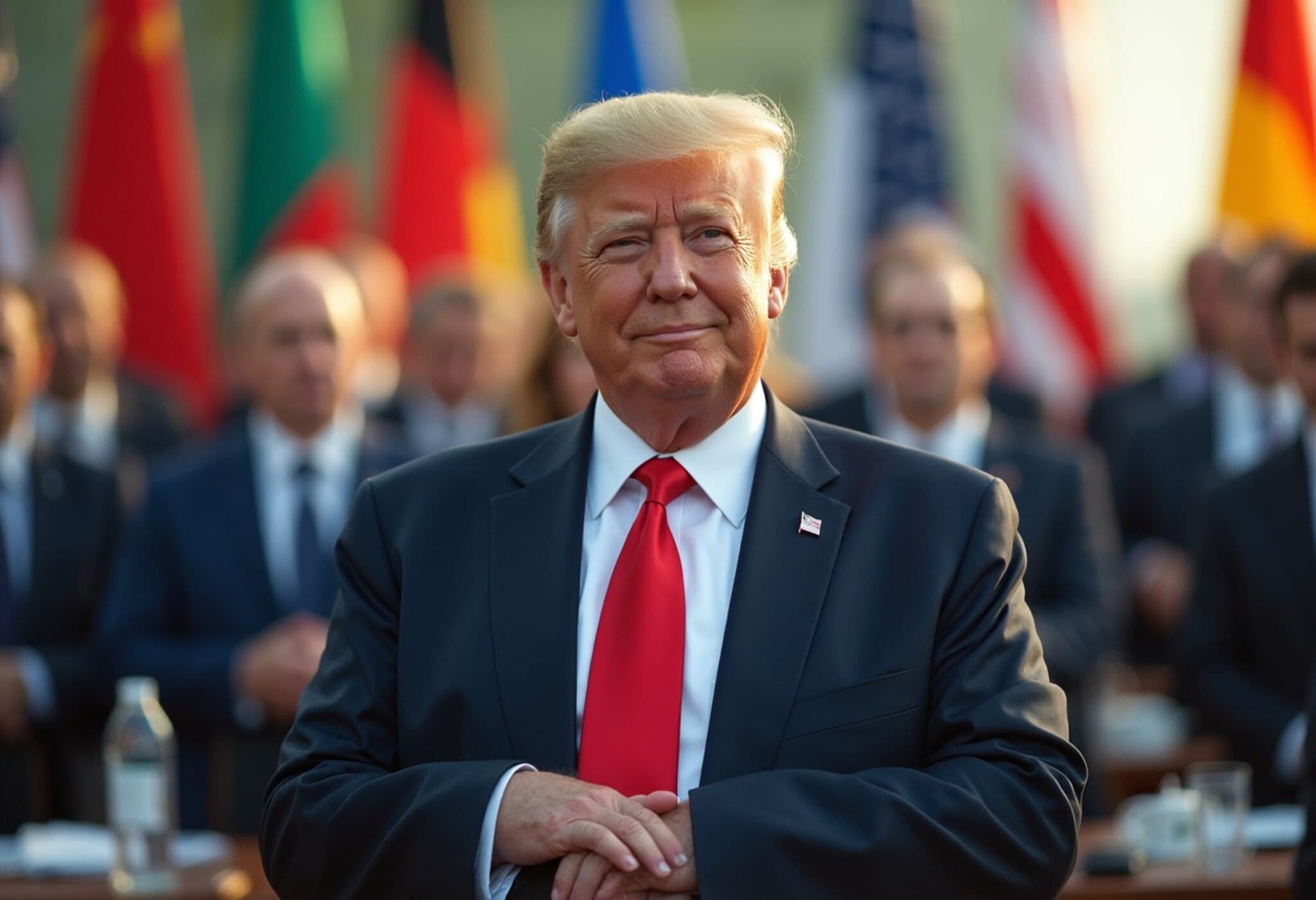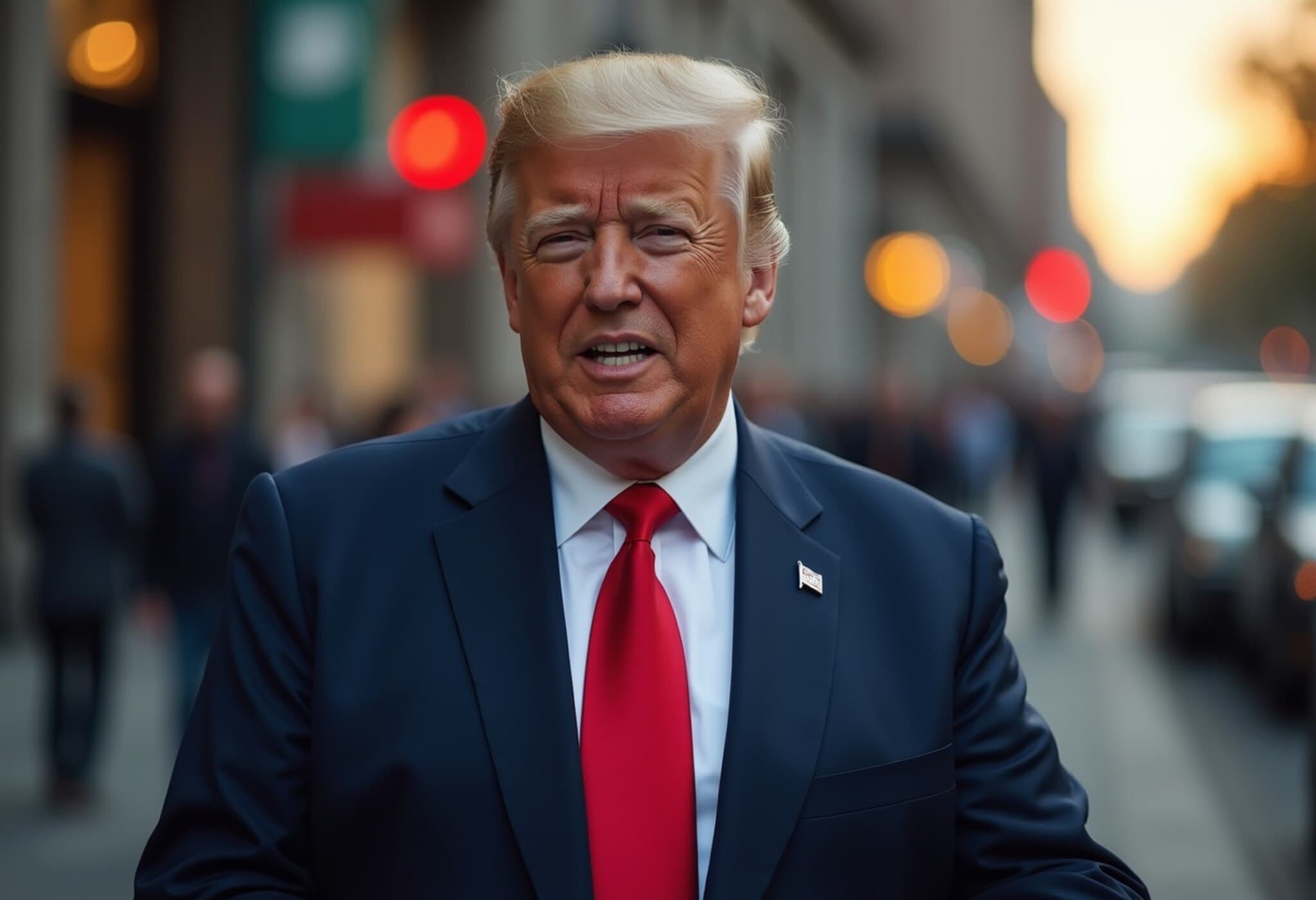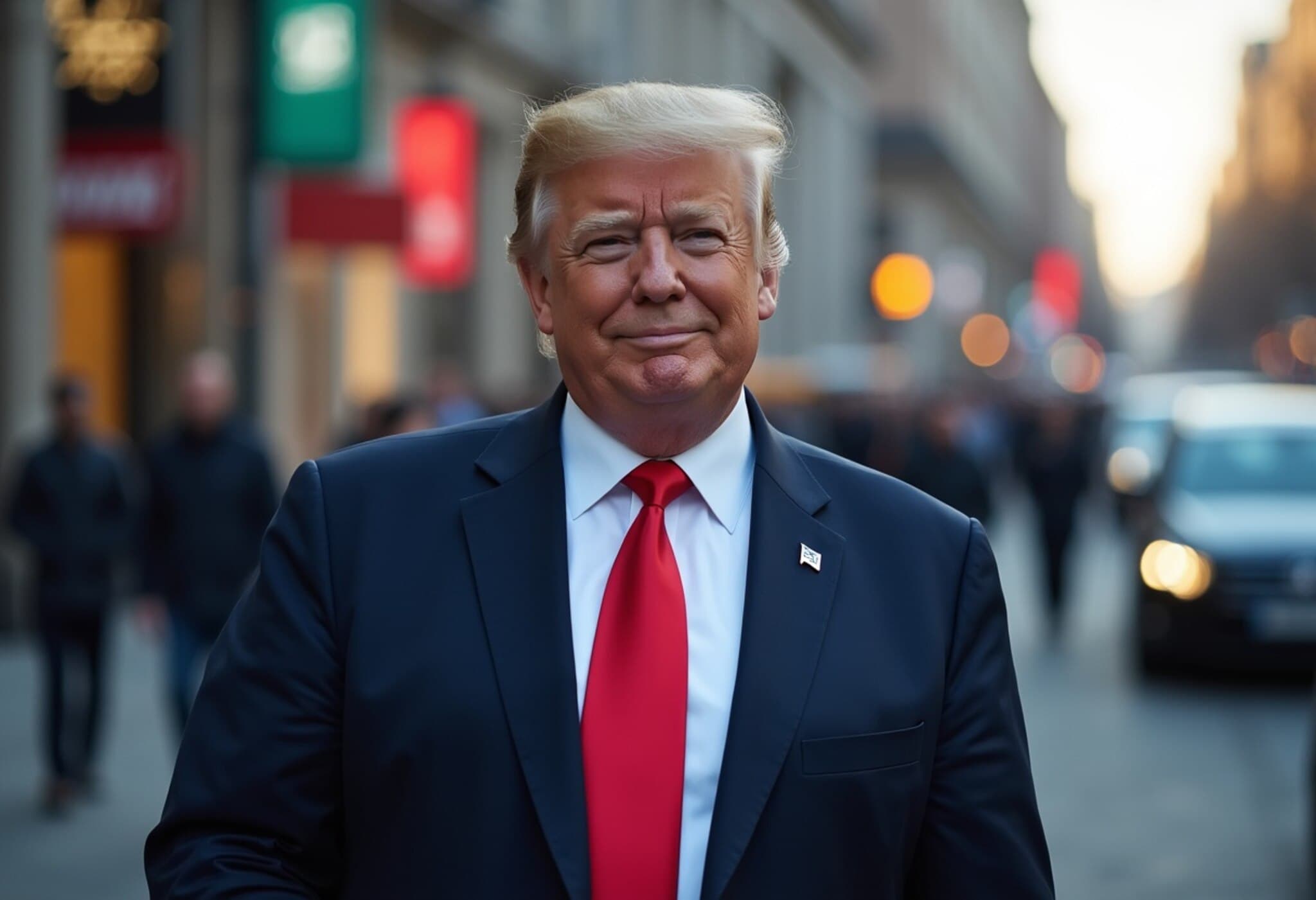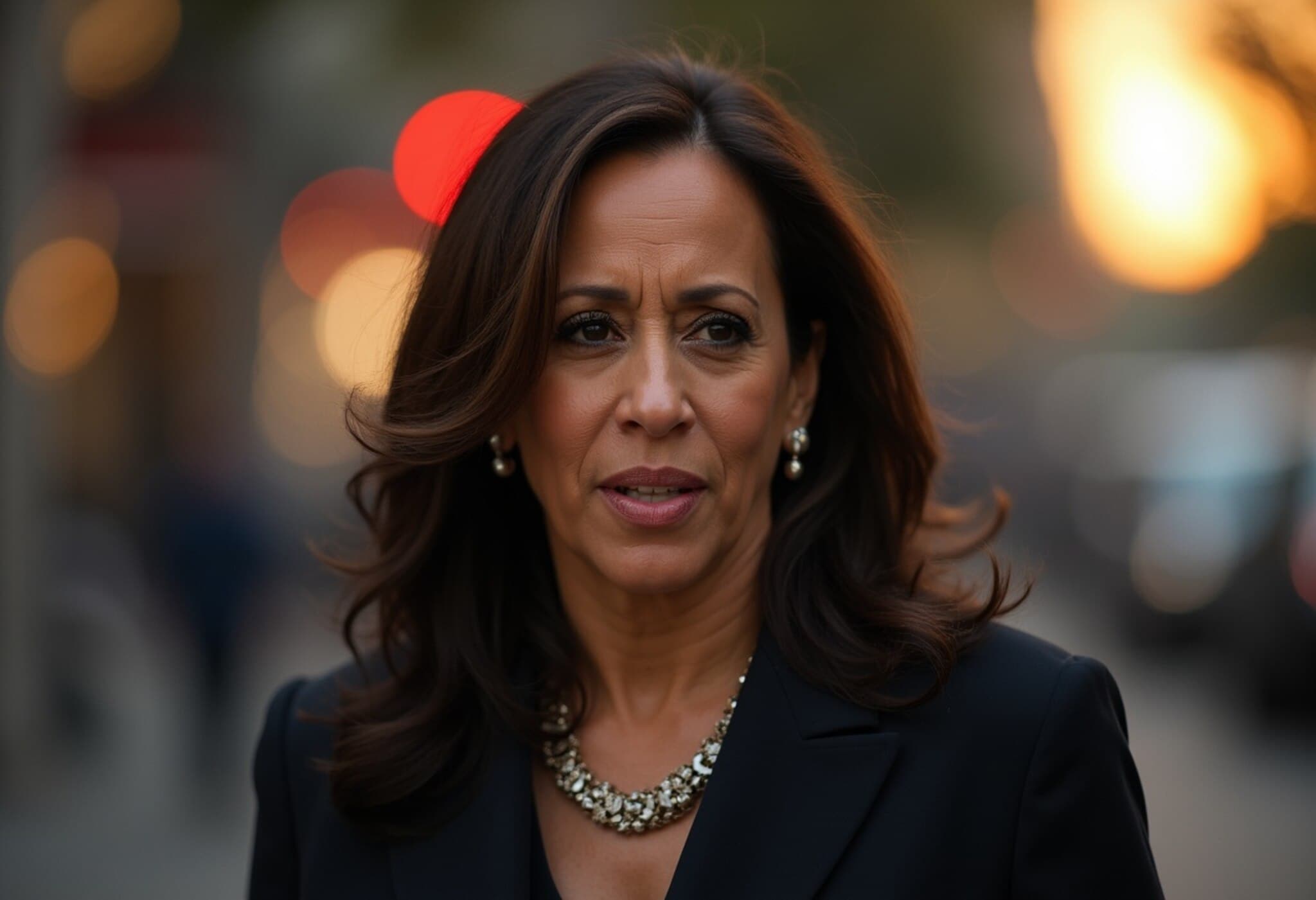Trump and Mexico Agree to Extend Trade Deal Negotiations by 90 Days
In a recent announcement that caught the attention of international trade watchers, former U.S. President Donald Trump revealed that he has reached an agreement with Mexican President Claudia Sheinbaum to extend their ongoing trade deal negotiations for an additional 90 days. The extension aims to provide both countries more time to hammer out a comprehensive agreement that addresses key economic challenges.
Key Trade Measures and Tariffs Hold Firm
Trump’s announcement, made via his social media platform Truth Social, outlined that Mexico would continue to be subject to significant tariffs imposed by the U.S. government. These include a 25% tariff on fentanyl imports, a 25% tariff on automobiles, and a hefty 50% tariff on metals such as steel, aluminum, and copper.
Importantly, Trump stated that Mexico has agreed to immediately remove numerous non-tariff trade barriers, a point that underscores ongoing frictions beyond straightforward tariff disputes. Non-tariff barriers often include regulations, quotas, or customs procedures that can hamper trade flow despite formal tariff reductions.
Contextualizing the Trade Dynamics
The U.S. and Mexico share one of the world’s largest trading relationships, crucial not only to both economies but also to the broader North American trade landscape. However, the relationship has periodically been strained by concerns over trade imbalances, border security, and drug trafficking—especially issues tied to fentanyl, which has had devastating health impacts in the U.S.
Trump’s persistence on maintaining tariffs, especially on critical sectors such as metals and autos, reflects a broader approach to leverage economic policy as a tool for addressing multifaceted challenges. Critics argue that sustained tariffs can disrupt supply chains and increase costs for American consumers and manufacturers, while supporters view them as necessary pushback to achieve fairer trade terms and address illicit drug inflows.
Expert Commentary: The Road Ahead
Trade analysts emphasize that the 90-day extension is both a strategic pause and a crucial period for diplomatic engagement. According to Dr. Hannah Walsh, a trade policy expert at the Brookings Institution, "These negotiations offer a chance to recalibrate bilateral trade relations amid complex political and economic pressures. The success will largely depend on resolving non-tariff barriers, which frequently go overlooked but have deep impacts on market access."
Moreover, the ongoing tariffs related to fentanyl underline how trade policy is increasingly intertwined with national security and public health agendas—a trend likely to influence U.S. trade dealings with other partners.
What This Means for Businesses and Consumers
- Automotive Industry: The 25% tariff continues to challenge North American auto manufacturers by inflating production costs.
- Metal Producers: Tariffs of up to 50% on steel, aluminum, and copper maintain pressures on importers and downstream industries dependent on raw materials.
- Consumers: Possible price increases on goods derived from affected industries.
- Cross-Border Trade: Removal of non-tariff barriers may streamline customs, boosting smoother trade flows if upheld effectively.
Looking Ahead: The Broader Implications
This temporary extension provides a window for both governments to engage in deeper negotiations, balancing economic interests, security concerns, and public health priorities. However, the persistence of tariffs and new demands from both sides suggest a challenging path to a new, mutually beneficial trade agreement.
As global supply chains remain vulnerable to geopolitical shifts and domestic political pressures, how the U.S. and Mexico manage their trade ties—not just on tariffs but on regulatory frameworks—could serve as a bellwether for North American cooperation in the coming years.
Editor's Note
The extension of the U.S.-Mexico trade deal negotiations highlights the growing complexity of modern international trade, where economic strategy intersects with national security and public health concerns. Observers should watch closely how non-tariff barriers are addressed, as these often underappreciated measures can have outsized effects on trade flows and bilateral relations. Businesses and consumers alike must prepare for the possibility of continued tariffs and supply chain disruptions, while policymakers face the hard challenge of crafting balanced agreements that serve a wide array of stakeholders.

